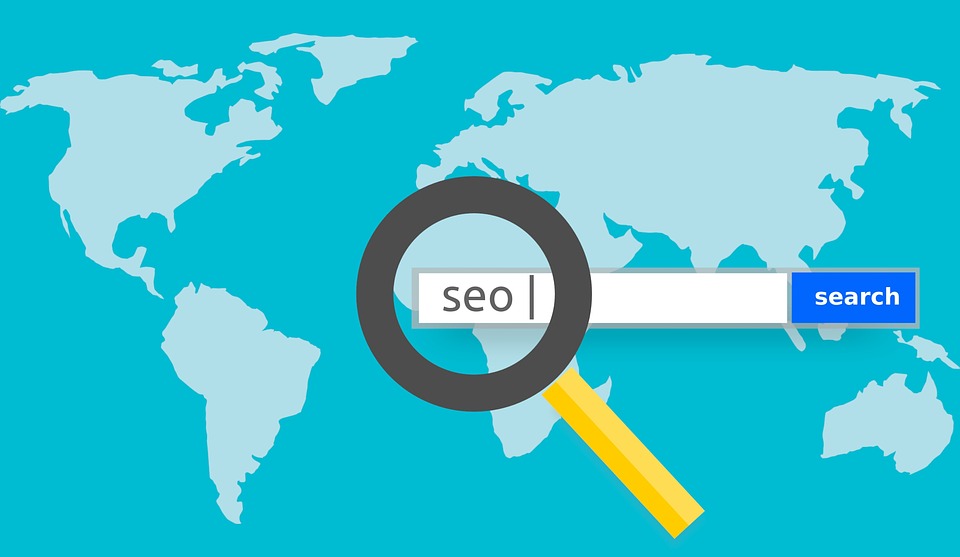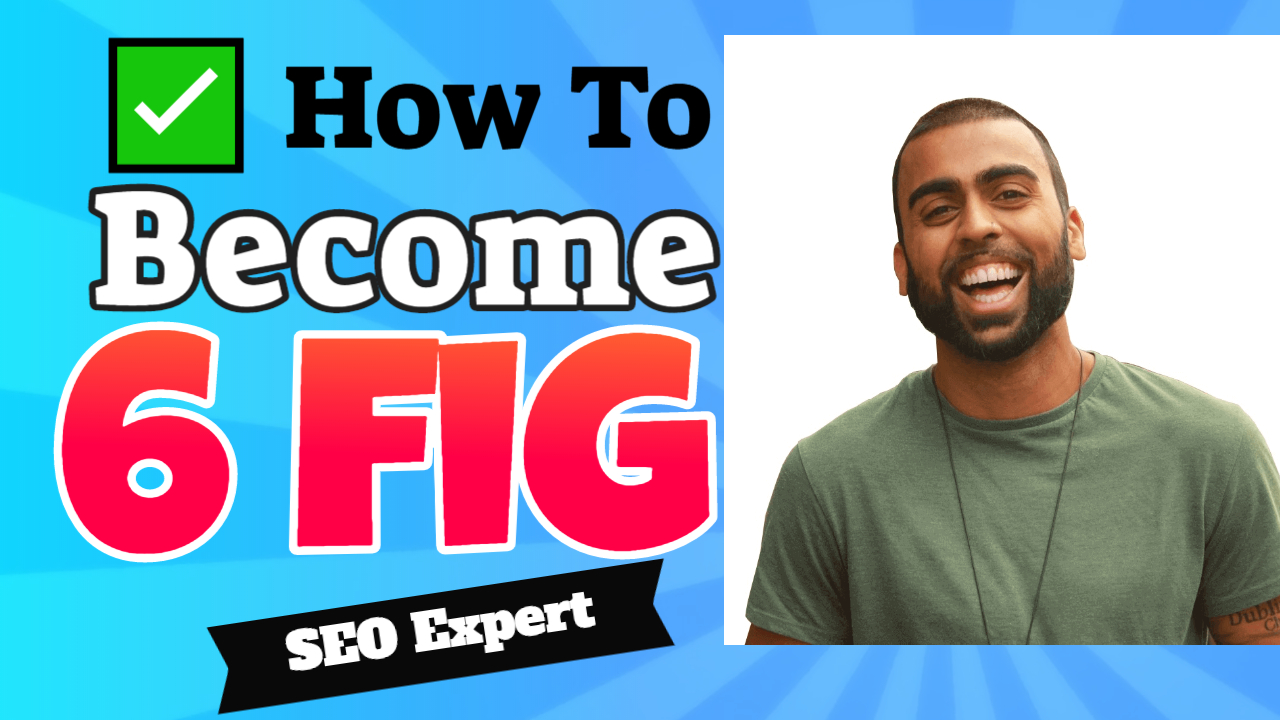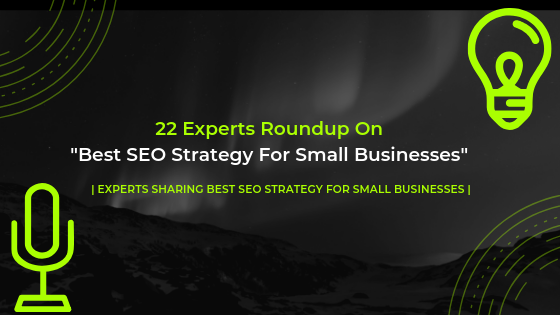Your cart is currently empty!
Tag: Expert
-

10 Questions to Ask Before Hiring an SEO Expert
[ad_1] Gone are the days when hiring an SEO consultant or a professional was a cakewalk. There was a time when companies used to hire an SEO Expert who knew link building was all about posting hordes of articles on submission websites, listing your business on directories and writing a few on-page blogs. Then came GOOGLE
-

Interview of SEO Expert Michael Martinez
[ad_1] SEO Expert Michael Martinez This time I am interviewing one of the top SEO expert Micheal Martinez. He is currently running his blog: SEOTheory I am very much glad that he answered all my difficult questions related to SEO, Social media and many more. I appreciate his time and efforts he had put in this interview. So
-

What is the Future of SEO 2022? Expert Predictions For Tomorrow
[ad_1] It is always a matter of debate whether SEO is there to stay or not. Search Engine Optimization tactics have so far been the reason why certain websites rank well while others don’t. It’s a question that’s immensely important for people who plan to have a career in SEO. To put it in a
-

✅ How To Become SEO Expert With Deepak Shukla (Step By Step Guide)
[ad_1] Affiliate disclosure: In full transparency – some of the links on our website are affiliate links, if you use them to make a purchase we will earn a commission at no additional cost for you (none whatsoever!). This interview will give you insights on becoming SEO Expert and how to make money doing SEO.
-

22 SEO Expert Roundup Best SEO Strategy For Small Businesses
[ad_1] In this post, we have actually featured Expert Roundup Post On- Best SEO Strategy For Small Business. SEO experts from all over the world is sharing their secret SEO Strategy For Small Businesses. Let’s check out Experts Opinion On- Best SEO Strategy for Small Businesses. 22 SEO Experts Roundup On- Best SEO Strategy for